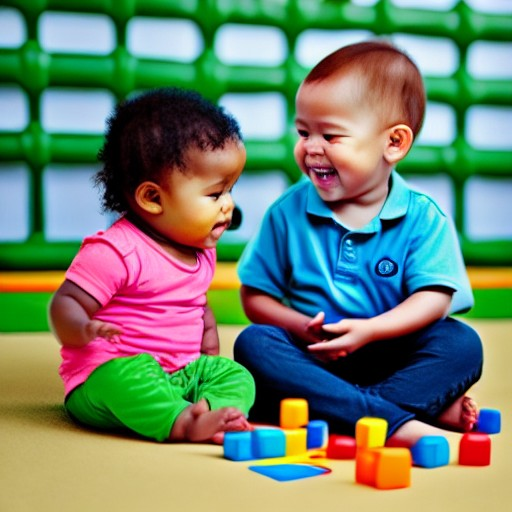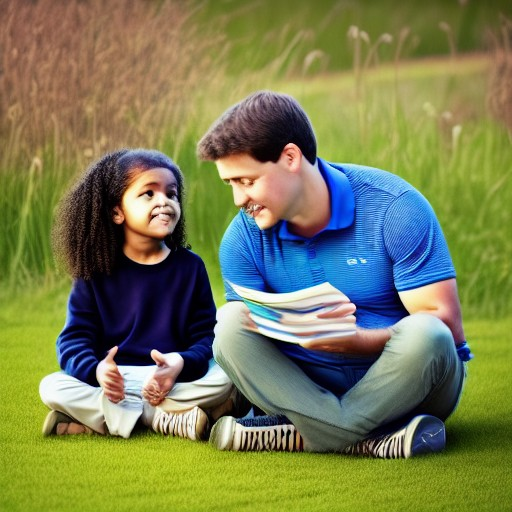Positive Parenting Techniques for Toddlers
As a parent of a toddler, you may find yourself feeling frustrated, overwhelmed, and unsure of how to handle certain situations. However, with the right techniques and a positive attitude, parenting a toddler can be a joyous and rewarding experience. Here are some positive parenting techniques to help you navigate the toddler years.

1. Positive Reinforcement
Toddlers thrive on positive reinforcement. When your child behaves in a positive way, be sure to praise them and acknowledge their behavior. For example, if your child shares a toy with a sibling, say "Wow, that was really kind of you to share your toy with your sister/brother." Positive reinforcement will encourage your child to continue to exhibit positive behavior.

2. Consistency
Consistency is key when it comes to positive parenting. Establish consistent rules and consequences for your child's behavior. This will help your child understand what is expected of them and what will happen if they do not follow the rules. Be sure to follow through with consequences if your child does not follow the rules.

3. Active Listening
Active listening is an important part of positive parenting. When your child is speaking to you, give them your full attention. This will show your child that you value what they have to say and that you are interested in their thoughts and feelings. Active listening will also help you better understand your child's needs and desires.

4. Empathy
Empathy is a powerful tool in positive parenting. When your child is upset or frustrated, try to put yourself in their shoes and understand how they are feeling. This will help you respond in a way that is compassionate and understanding. For example, if your child is upset because they can't find their favorite toy, you might say "I can see that you're feeling sad because you can't find your toy. Let's look for it together."

5. Timeouts
Timeouts can be an effective consequence for negative behavior, but it's important to use them correctly. When your child exhibits negative behavior, calmly explain to them why their behavior was not acceptable and give them a warning that if they continue the behavior, they will receive a timeout. If the behavior continues, follow through with the timeout. Make sure the timeout is age-appropriate and that your child understands why they are receiving the timeout.

6. Positive Discipline
Positive discipline focuses on teaching your child how to behave in a positive way, rather than just punishing negative behavior. When your child exhibits negative behavior, use it as an opportunity to teach them a positive behavior instead. For example, if your child hits a sibling, instead of just punishing them, teach them to use their words instead of their hands to express their feelings.

7. Model Positive Behavior
Children learn by example, so it's important to model positive behavior for your child. If you want your child to exhibit positive behavior, you need to exhibit it yourself. For example, if you want your child to speak kindly to others, make sure you are speaking kindly to them and to others.

8. Quality Time
Spending quality time with your child is an important part of positive parenting. It shows your child that you value them and that you are interested in their lives. Take time to play with your child, read to them, or simply spend time talking to them. Quality time will help build a strong bond between you and your child.

Conclusion
Positive parenting techniques can help you raise a happy, well-adjusted toddler. Remember to focus on creating a positive environment for your child by using positive reinforcement, consistency, active listening, empathy, timeouts, positive discipline, modeling positive behavior, and spending quality time with your child. By using these techniques, you can help your child develop positive behaviors and a strong sense of self-worth, while also strengthening your bond with them. Parenting is a journey, and it's important to remember that no one is perfect. However, by focusing on positive parenting techniques, you can help create a loving and nurturing environment for your toddler to thrive in.